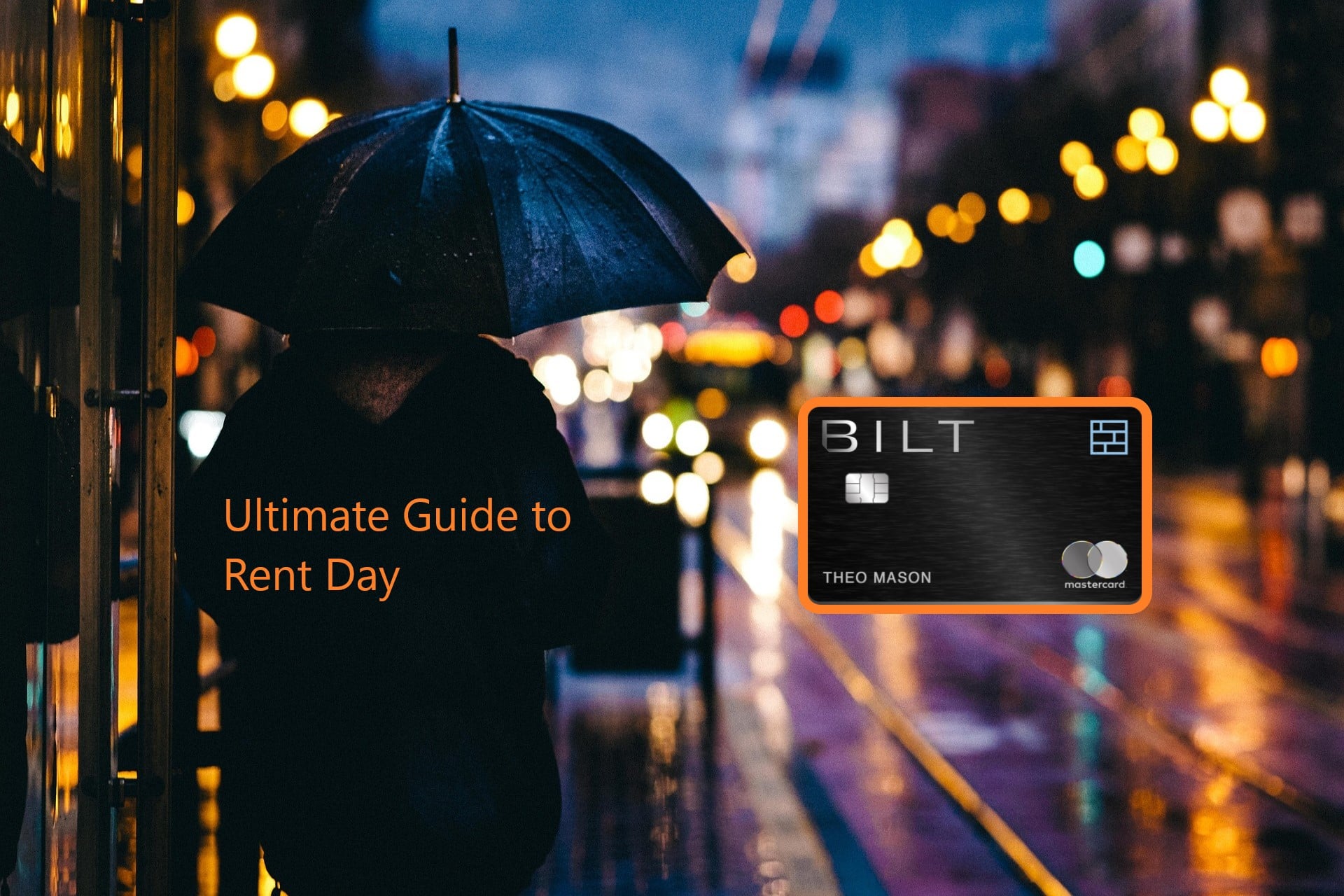Small business finances are often closely tied to the funds and credit scores of their owners. When a pandemic, like the COVID-19 (coronavirus) strikes, it can leave companies – and their management – financially stretched. Fortunately, there are things you can do to protect yourself – and your business – during these tough times. Here’s how to safeguard your small business financially during a crisis like the coronavirus pandemic.
Separate Your Personal Credit from Your Business Credit
Small business credit differs from personal credit. Despite this, however, companies can use a personal credit score to apply for business credit cards or loans.
Why use your personal credit for your business? If your company is new, it likely doesn’t have a long enough credit history to gain the funding it needs. In instances like these, using your personal credit score is an easy way to access the loans and credit cards you need to succeed.
While using your personal credit to get business credit cards provides benefits, it can leave you overextended. Where possible, separate your personal and business credit. When your company experiences hardship due to pandemics or crises, your personal credit score won’t suffer.
Work Closely with Your Local Bank
For a small business, selecting a local bank or credit union may be a better option than a national bank. Because smaller banks have a local focus, they are more forgiving than national banks in times of financial crisis.
Building a close relationship with your local credit union or bank can pay significant dividends when companies find themselves feeling the effects of events like the COVID-19 pandemic.
Take the time to speak with your account officer regularly. Keep them up to date on your financial situation. As Andrew King of the Bastille Group states, “there is nothing more important than real relationships.”
Contact Creditors Quickly
Communication is key. Communication is especially crucial during a crisis. Most lenders are reacting to the COVID-19 pandemic with financial relief for those impacted. To receive these payment relief offers, however, you must contact your lenders.
If your business is struggling due to the economic slowdown, communicate with your lenders early and often. Financial institutions, like banks, credit unions, and other lenders, make their money through your payments. If you can’t pay, it’s in their best interest to help you. Contact your bank when financial issues arise – if you lose, they lose.
Closely Monitor Your Cash Flow
Cash flow is the net amount of cash going in – and out – of your business. Keep a close eye on your finances, with a particular eye to your credit utilization with credit cards. Because credit cards offer easy access to funds, they can leave companies overstretched if they over-rely on them during a pandemic or crisis.
Make sure your spending matches your incoming cash flow and that you can cover your debts. Reducing your expenditures can help maintain your business’s bottom line – and protect your company during a crisis.
Conclusion
Pandemics are frightening, and not just because of the damage they cause to human lives. These crises also have severe financial ramifications for individuals and small businesses. Fortunately, there are proactive steps you can take to safeguard not only yourself, but also your company.
The most basic steps you can take include separating your personal finances from those of your business and not using personal credit cards for business. Other measures include forging strong relationships with your lenders, keeping them up to date on your company’s situation, and being practical by contacting them when problems arise.
Related Article: Here Is What Happens If You Don’t Pay Your Credit Card Bill
Editorial Disclosure – The opinions expressed on BestCards.com's reviews, articles, and all other content on or relating to the website are solely those of the content’s author(s). These opinions do not reflect those of any card issuer or financial institution, and editorial content on our site has not been reviewed or approved by these entities unless noted otherwise. Further, BestCards.com lists credit card offers that are frequently updated with information believed to be accurate to the best of our team's knowledge. However, please review the information provided directly by the credit card issuer or related financial institution for full details.



